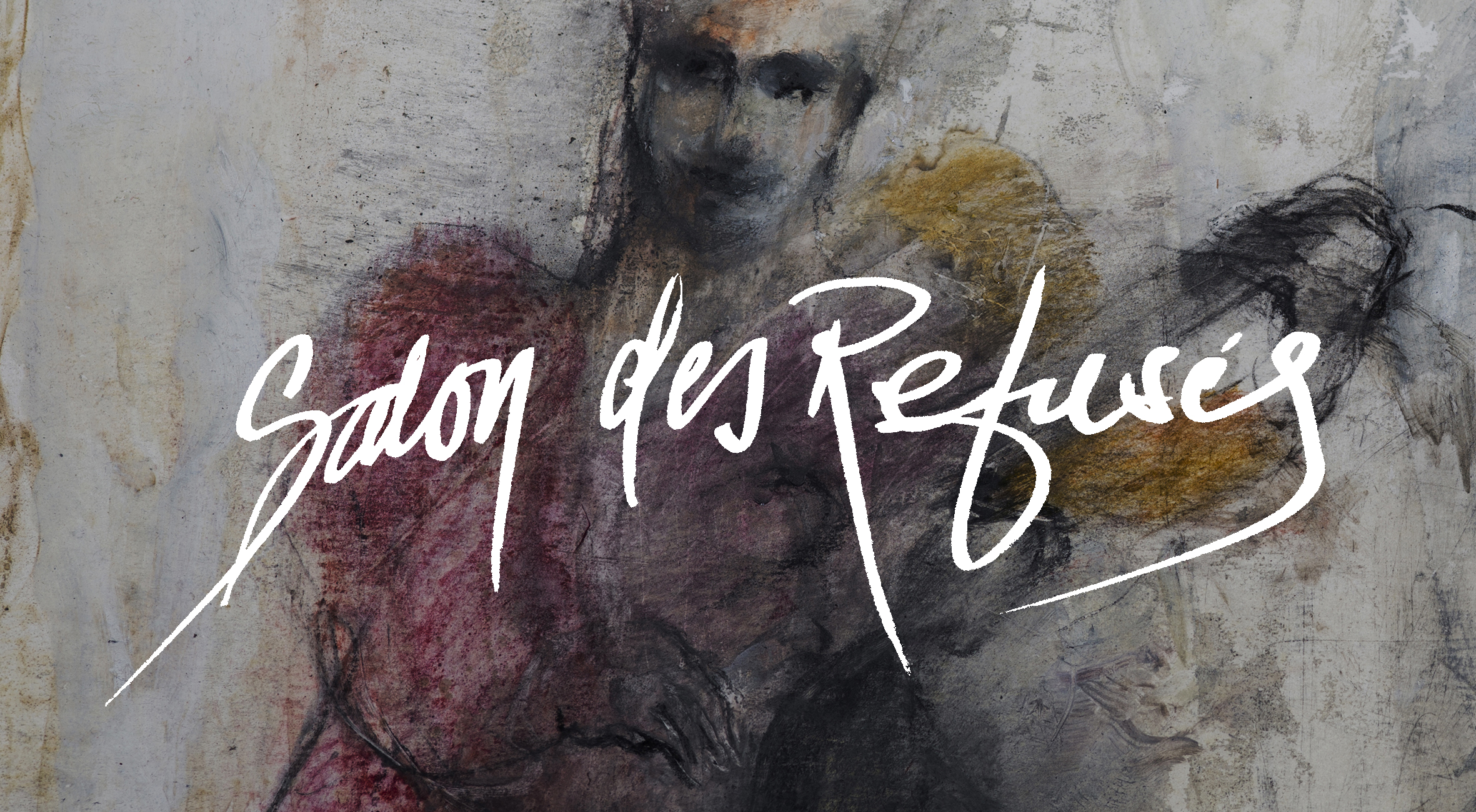One of the biggest changes in my musical life the last couple of years is viewing myself as a solo instrumentalist instead of a backup instrumentalist. I always enjoyed playing with other musicians and this is what I feel most comfortable doing, but the challenge of being on stage alone is something very different. As a bass player in an ensemble you have certain musical responsibilities. I think most people share the same idea of what makes a good bass player; grooving, keeping time, playing basic harmony and creating a platform other instruments can take off from.
In short, playing the bass! Someone like Jaco Pastorius got away with playing a lot more things because he was a genius but most musicians don’t want to play with a guy trying to be like Jaco. Trust me I tried it! Tony Levin is one of those players that truly make more with less and the things he plays are so difficult because of their simplicity and the level of musicianship he possesses. If you have any doubts that sort of playing is in demand just look at his discography.
I would argue that a lot of the one sided bass solos heard are not just the bass players fault. Because if you think about it, what generally happens when it’s time for the bass player to play a solo? Guitar/piano might stop playing entirely and the drummer plays softer.
I think this is done with the best intentions so that the bass will be heard (especially if it’s an upright) but speaking out of my own experience it also puts the bass player in a somewhat unfair position. What I enjoy the most when listening to a group of improvising musicians is the interplay between them and a really good rhythm section can make even the worst soloist look good. But if nobody is backing up the bass player it’s a lot of focus on what might be the musician least used to that attention. And perhaps it’s the only solo you have (compared to that guitar player who gets a solo in almost every tune!) so you really want to play your best and show all those cool things you have been practicing, which usually results in a kind of musical mess if you ask me. This musical mess has happened to me on more occasions than I would like to admit, but hopefully writing this will prevent it from happening so much in future solos.
So to all you other instrumentalists out there: don’t leave your bass player stranded when it’s time for solo unless they ask you!
When you move away from the group context the role of the instrument changes to something else. All of a sudden small things that go unnoticed when playing together are seen and heard. You can be a great bass player but a no-good soloist because you are now asked to do something else. If I’m playing a gig with a band I might play in the same position all night using very few technical variations and it’s enough to keep the music interesting because I have a certain function in the band. But if I do a performance on my own and use the same approach I will be very one dimensional and get boring after a while since I have different musical responsibilities. I’m not saying that one is better or worse or that it is harder to play solo than in a band. I’m just saying it’s different.
I have had to practice different things and think about my performance in a new way. For instance: timing is always important but when I’m playing alone time is a lot more flexible. Tempos are not fixed in the same way as playing with a drummer and there is more freedom to be enjoyed. Also finding subtle ways to bring out more nuances from the instrument and having an idea where each sound is allowed to unfold. If I use all my different sounds and techniques in the first 10 minutes of playing then what do I do for the rest of the concert? There might be some joy in repetition but I believe that if I manage to give a new sound after 40 minutes the effect will bigger for both me and the listener. So these last couple of years I’ve focused a lot more on details compared to before when I have been playing bass. Playing melodies, working on different phrasings, listening to how the sound differs when playing a melody on just one string compared to playing on two or three and so on. I’ve also been working on actually playing out of time (or maybe calling it free from time sounds better) to try and get the melodic lines as melodic as possible, not worrying about fitting the notes into a beat. It’s been a great way of opening up the ears and hands to new ideas and looking on how much time I’ve spent on playing rhythm compared to playing melody I still have many hours to put in before I can consider myself a balanced musician.
